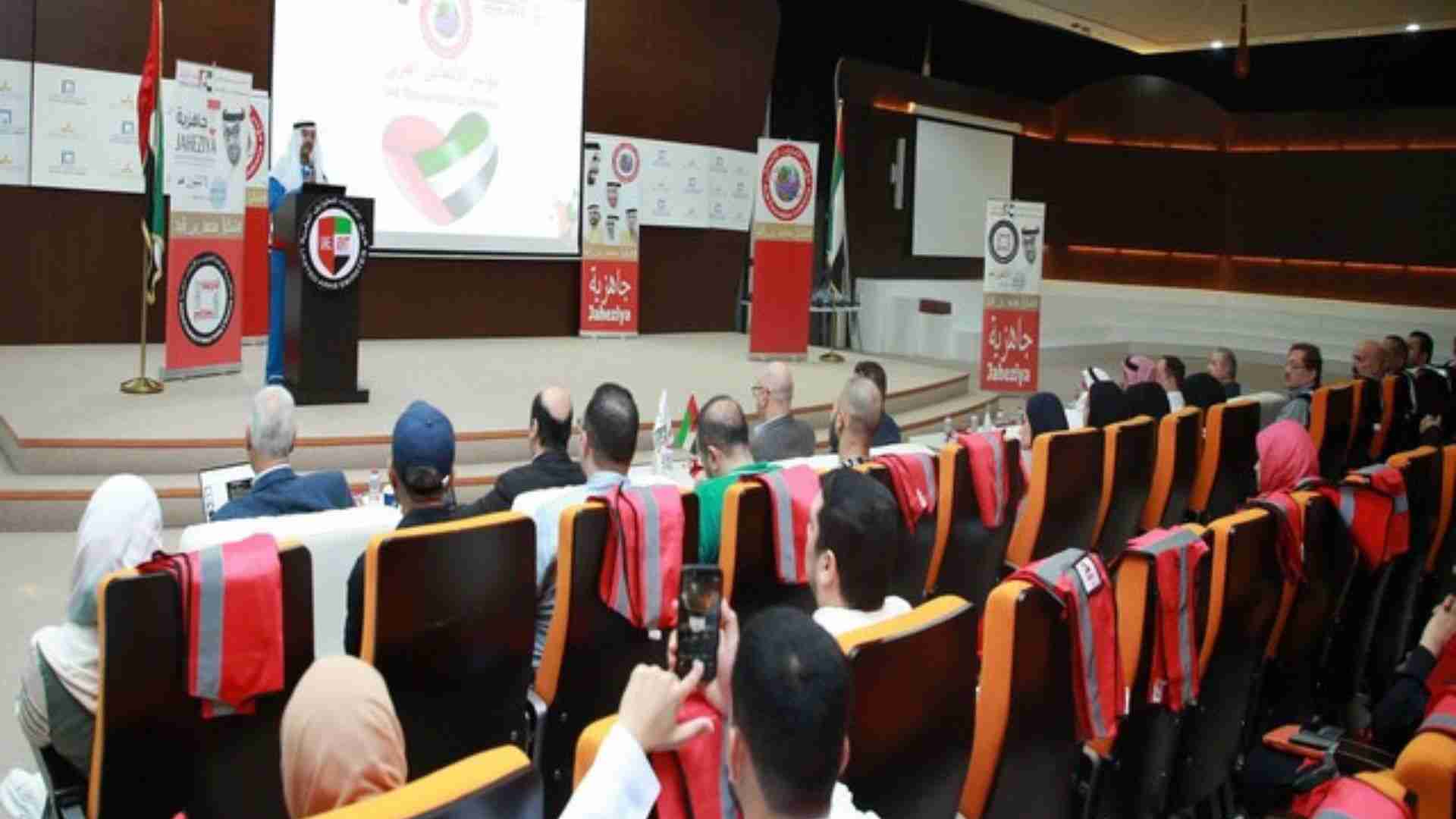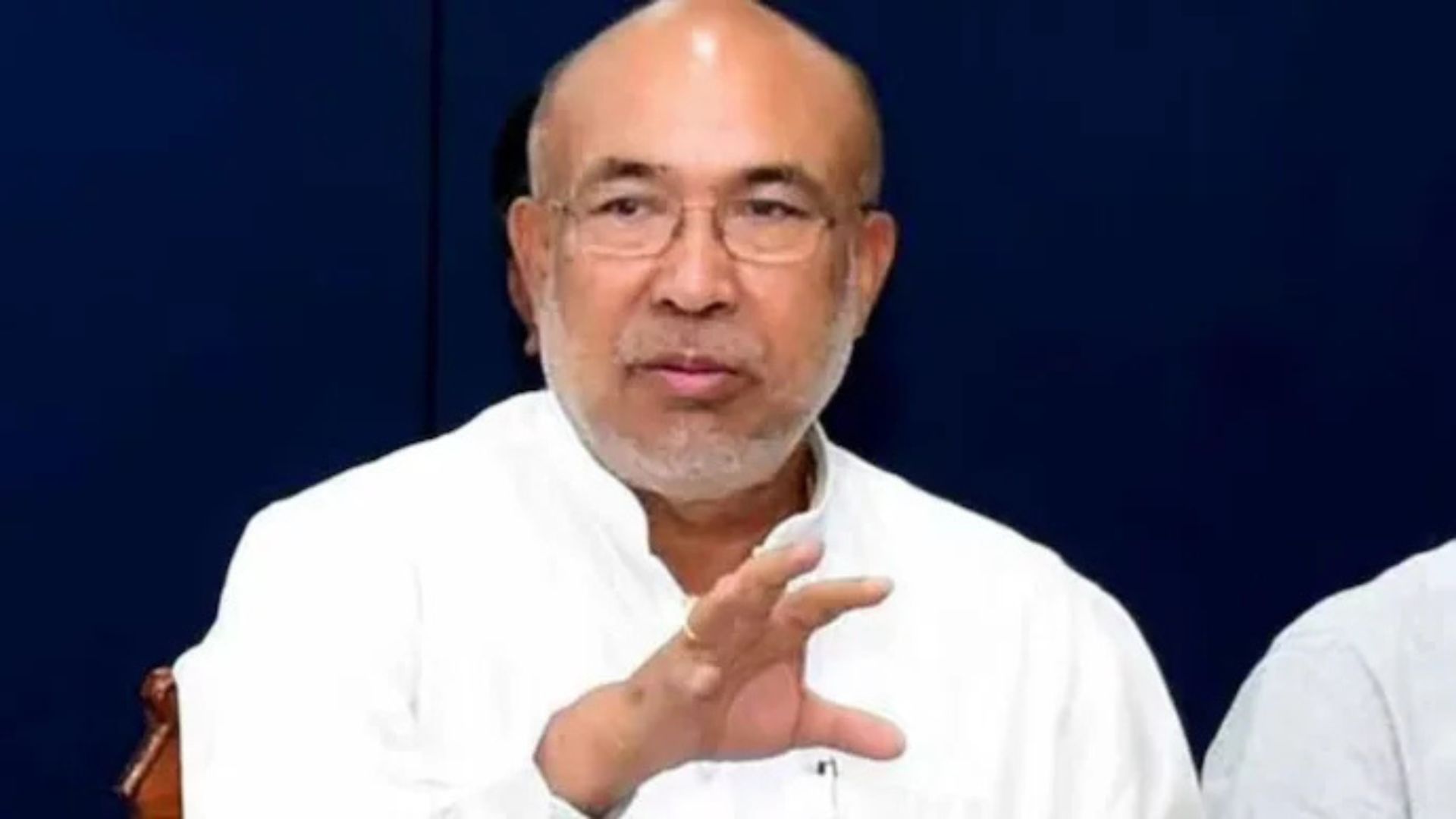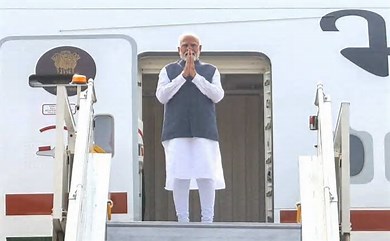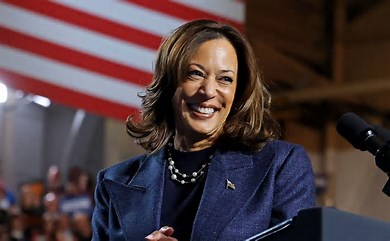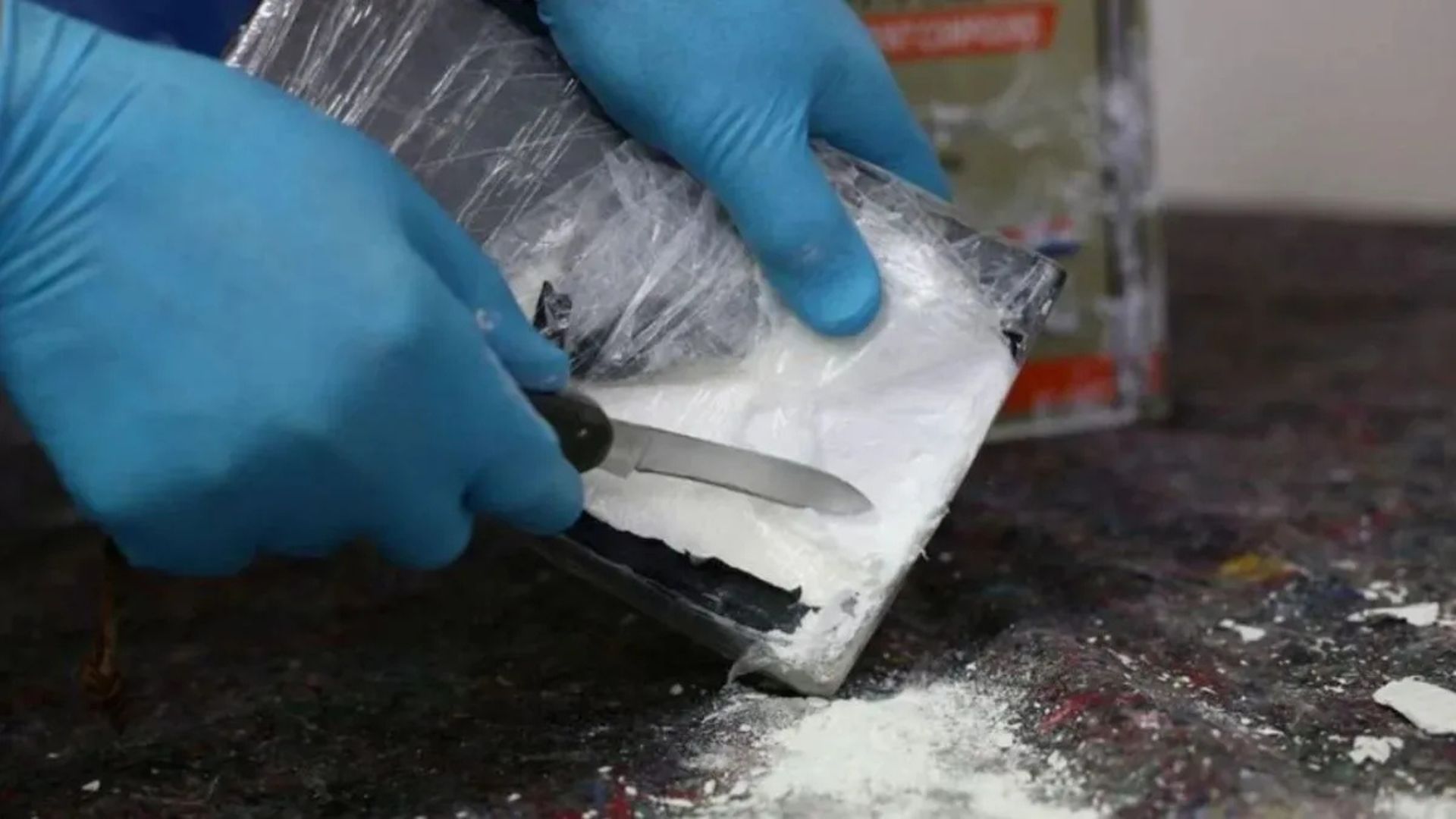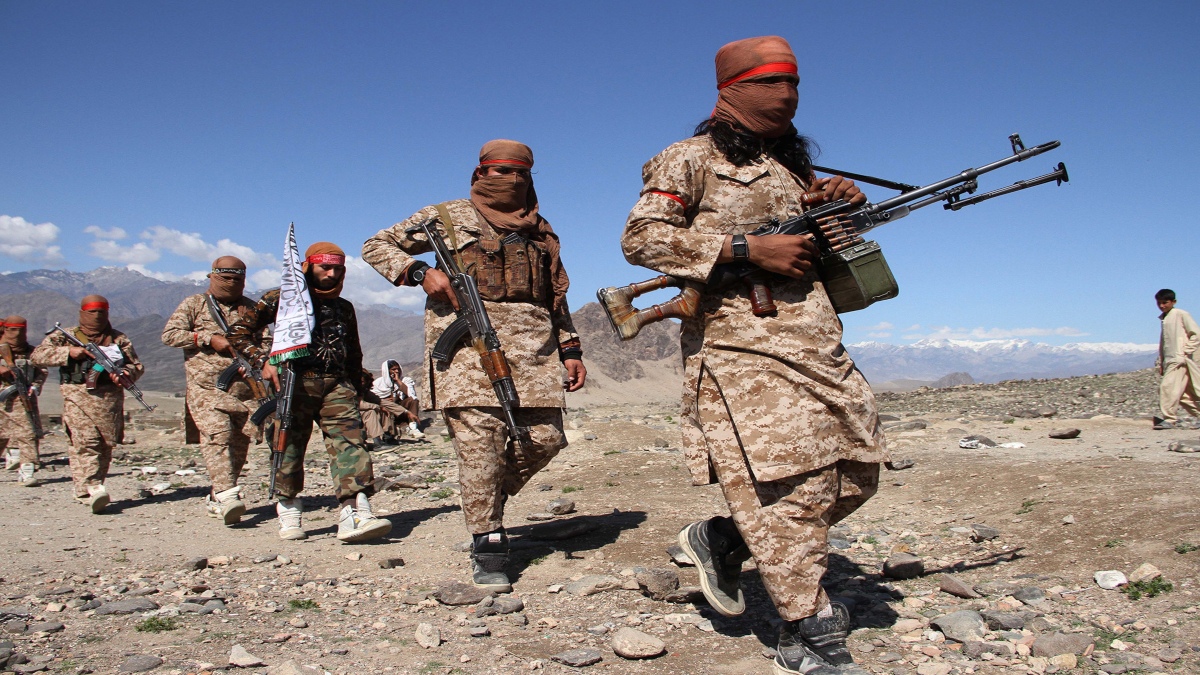
Taliban is a terror outfit that believes and propagates an extreme form of Islamic radicalism. Their idea of Islam is completely devoid of humanity and is completely opposite to human sensibilities. With the Taliban capturing most parts of Afghanistan and entering its capital Kabul, the concerns have become more entrenched.
In 2016, Forbes listed the Taliban as the fifth richest terrorist outfit among the top ten terror organisations of the world, with an annual turnover of $400 million. In 2019-20, a NATO confidential report obtained by Radio Free Europe (RFE)/Radio Liberty (RL) pegged Taliban annual turnover to be around $1.6 billion, which is 400 times high as compared to what Forbes reported in 2016. The Taliban reportedly earned $464 million from mining, $416 million from drugs, $240 million from foreign donations, $240 million from exports, $160 million in taxes, and $80 million from real estate.
According to a confidential report commissioned by NATO and obtained by RFE/RL, the Taliban’s burgeoning finance has made the terror group immune to pressure from the international community.
The NATO report, written by researcher and journalist Lynne O’Donnell, warns that the Taliban’s growing financial power puts them beyond pressure to comply with obligations of breaking their connections with Al-Qaeda and other terrorist groups.
“Unless global action is taken, the Taliban will remain to be a hugely wealthy organization, as they have got a self-sustaining funding stream and outside support from regional countries,” NATO report warns.
“Taliban’s role as a destabilising force, not only in South Asia but globally, is enhanced by the withdrawal of the United States from the Afghan theater, and it is expected they would return to power in Afghanistan.”
The illicit opium trade still remains a major source of revenue for the Taliban. Around 90 percent of the world’s heroin comes from the Helmand River valley, a Taliban stronghold in southern Afghanistan. The Taliban taxes poppy farmers and is also involved in the trafficking of narcotics to other neighboring countries.
Trading with neighboring countries has also given them the opportunity to enter Europe and North America. “
A UN Security Council report of May 2018 said the “Gulf region also remains important to the Taliban as they can launder the drug money from these regions. They have built a network of individuals, companies, mosques, madrasas, and various charitable foundations to launder their money.
The UNSC report opined “Al-Qaeda remains closely allied with and embedded within the Taliban. The Taliban acts as an umbrella to them and gives operating space for about 20 other terrorist groups who are broadly aligned with Al-Qaeda and Taliban’s objectives. Many of these militant groups of Afghanistan were displaced by security operations in the tribal areas of Pakistan. But collectively, they are joining in numbers, capability, and expertise with the Taliban and provide training to militants.
Islamic State of Iraq and the Levant (ISIL) listed as Al-Qaeda in Iraq is the exception in this respect; its relationship with the Taliban is mainly adversarial. The total number of foreign terrorist fighters in Afghanistan with all terrorist groups (including ISIL) is estimated to be around 10,000 to 15,000.
The reports say NATO must act by stopping the Taliban’s wealth-generating activities to prevent Afghanistan from becoming an ungoverned space of violent jihadism that would threaten the region and ultimately the rest of the world.
While being out of power the Taliban strengthened its relationship with Iran, Russia, and now China. The US Defense Intelligence Agency (DIA) said Iran provides financial, political, training, and material support to the Taliban. Russia on the other hand said it has established contacts with the Taliban in recent years because of the common threat posed by the Islamic State in Afghanistan.

